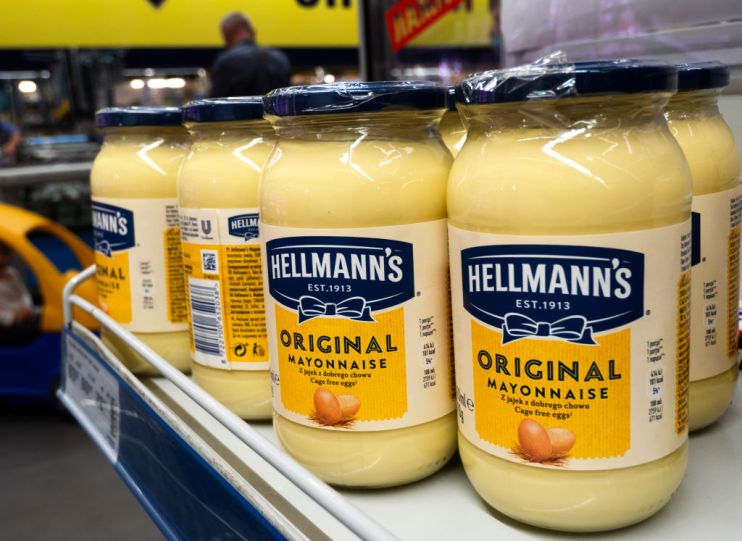A year on from Mayonnaise-gate, Terry Smith mounts another attack on Unilever

Legendary City investor Terry Smith has written another excoriating review of Unilever’s business performance, a year after he made headlines for criticising its focus on the “purpose” of Hellmann’s Mayonnaise.
In his annual letter to shareholders, the Fundsmith chief lists a series of complaints about the consumer goods firm, saying it had failed to engage long-term shareholders, being opaque about transaction costs and allowing investors to “measure annual growth if you could only count to three.”
Smith also says the firm has “asked (investors) to suspend disbelief” that the arrival of notorious activist investor Nelson Peltz, from Trian Partners, on the board had nothing to do with the departure of embattled CEO Alan Jope.
“This explanation sounds like it was lifted from the script of Miracle on 34th Street,” Smith writes.
Smith, who was City A.M.s investor of the year in 2022, goes on to say that Unilever did not make contact with Fundsmith – “about the 12th largest investor” – for the first eight years of their holding.
“The first contact was when we were asked to vote in favour of moving the headquarters 11and listing to the Netherlands. As I remarked at the time, it is not a good way to manage relationships to ignore people until you need their support,” he writes.
The fund manager says his “points about what we saw with the performance of the business and the focus of the management” were “duly ignored.
This is a business making a return on capital in the mid to low teens, below the market average, where you could measure annual growth if you could only count to three, and which missed every target it set out when it summarily rejected the Kraft Heinz bid approach – so it’s not like there weren’t some questions to answer
Smith of Unilever
Describing the failed attempt to buy GSK’s consumer division – now renamed Haleon – for £50bn as a “near-death experience” for the company, Smith goes on to criticise the scale of the firm’s purchases of beauty and wellbeing firms as well as the lack of transparency around the size of the deals, with investors only told the purchase price in three out of 27 deals.
“Whilst I am sure Unilever complied with their disclosure obligations,is there some reason why we shareholders can’t know how much of our money they spent? (If anyone is thinking of responding ‘commercial sensitivity’ could you please have the courtesy to check that I don’t have 13a mouthful of liquid before you say that?),” writes Smith.
Smith confirms, despite his misgivings, he intends to maintain his shares in Unilever, saying that as a long-term shareholder he is interested in pushing businesses to become better.
Unilever has been contacted for comment.